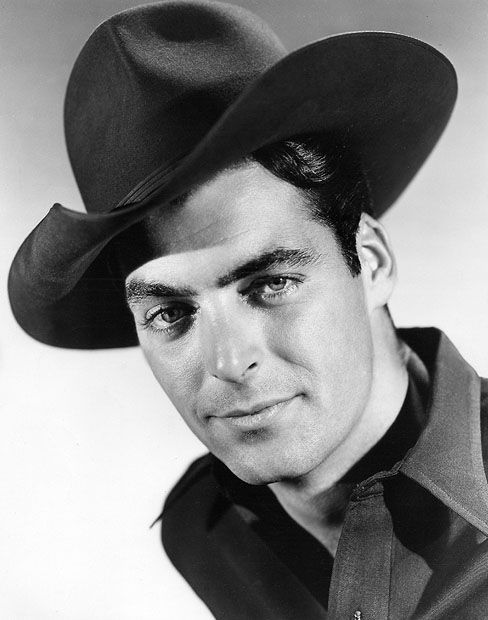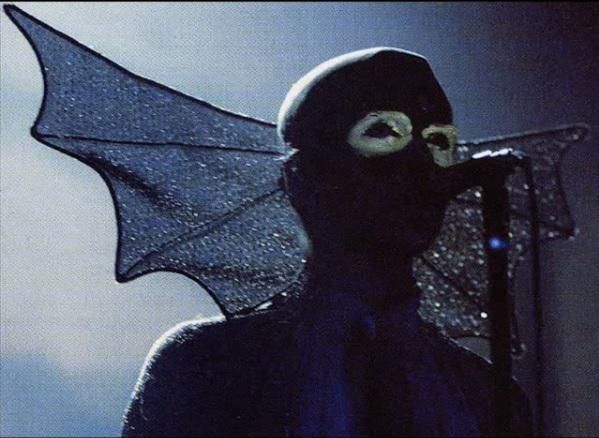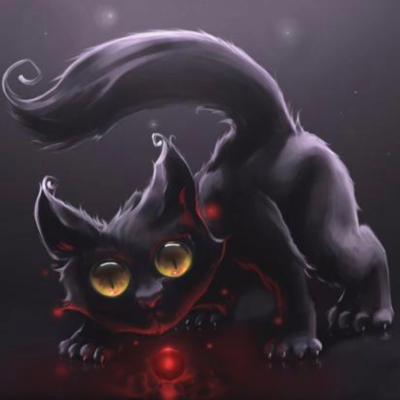I’m reading Reaper by Will Wight. It’s the 10th out of 12.

Sword of Destiny by Andrzej Sapkowski
I’m on the mermaid story. I get why people who read the books/play the game have issues with the show, but as someone who started watching the show first, it’s really not that bad.

The Fall of Hyperion, 2nd book in the Hyperion series by Dan Simmons

The third and last entry in Jamisin’s Broken Earth trilogy, The Stone Sky. Good God it’s great. Hard to break into the series and I always feel like I’m a step behind the plot, but not so much that I’ve lost the thread entirely and just want to give up. It’s a delicate dance between author and reader that takes such a deft and skilled touch that I’m floored by not just the skill involved but the gall it takes to skate so close to totally alienating your audience. But damn does it pay off.
A quote from it I grabbed to share earlier:
When a [society] builds [a city] atop a fault line, do you blame its walls when they inevitably crush the people inside? No; you blame whoever was stupid enough to think they could defy the laws of nature forever. Well, some worlds are built on a fault line of pain, held up by nightmares. Don’t lament when those worlds fall. Rage that they were built doomed in the first place.

Interesting quote, what’s a quick elevator pitch for the trilogy? ``

Well, I hate to phone it in, but I have tried and failed to write one a few times now. So I’ve let someone else write one for me. Take as much or as little of this as you think is worthy of “elevator pitch”; any one paragraph will do but the most condensed for your intentions would probably be the third.
The Broken Earth is set on an Earth-like planet that is constantly subjected to large-scale seismic and volcanic events. The people of this land, which is called the Stillness, live in constant fear that an Angry Father Earth will unleash an environmental disaster strong enough to trigger a Fifth Season, a prolonged winter of hardship that can last anywhere from a decade to thousands of years. The Broken Earth is a resonant and cautionary work of climate fiction at a time when hurricanes, floods, and wildfires are pummeling the globe. Disaster preparedness is the organizing principle for people of the Stillness; they build for survival among the technological remains (the “deadciv”) of a long-dead civilization, which includes large mysterious obelisks that hover above them in the sky.
Among the people of the Stillness are orogenes, people born with the ability to harness and control kinetic, thermal, and other forms of energy. They alone can quell the seismic and volcanic events that threaten the Stillness. But orogeny is illegal, and orogenes (referred to as the derogatory term “roggas” by most people in the Stillness) are regarded as less than human. Orogenes are hunted down throughout the Stillness; those that aren’t killed are enslaved by the secret order of Guardians. Even more powerful than orogenes or Guardians are stone-eaters, a humanoid species that resembles stone statues and that rarely interacts with other beings in the Stillness.
Jemisin’s series centers on the story of Essun, a 42-year-old village schoolteacher who has been hiding her identity as an orogene. The Fifth Season begins with the shattering of two worlds: Essun’s husband discovers that their children are orogenes, kills the youngest, and kidnaps their daughter Nassun; the Stillness experiences an earthquake so powerful that it triggers the worst Fifth Season the planet has ever experienced. Jemisin immerses readers in the world of the Stillness: the journey that Essun sets off on to find her daughter propels the narrative, but Jemisin tells the story through multiple points of view and from multiple points in time. It’s an ambitious task to balance complicated world-building, a well-paced plot, and a range of fully distinctive characters, let alone to do so over the course of three novels. Jemisin deftly keeps all the plates spinning.
This is such a glowing review. I think I’ll check it out.

Book 3 of the First Law Trilogy - it’s good without being great.

The Secret Diaries of Charles Ignatius Sancho by Paterson Joseph
A great read so far. Very lovable main character constantly finds himself being tossed between hope and despair.

Guards! Guards! By Terry Pratchett. It’s my first Discworld book and I’m in love. Reading it as part of a trade off with a friend. Been trying to get him to read Dune for years because I know he’d love it. He finally agreed on the condition that I read this one, ended up being a win win.
Stuff like that is so cool. I’ll have to get my friends to do a trade off.

Macbeth: A Dagger of the Mind, by Harold Bloom. I’m preparing for a production of the play this fall and a friend passed this copy to me. I’m not a huge Bloom fan but he has interesting insights into the play.

Last Days by Adam Nevill. Not far in, but things are getting spooky.

The Path of Daggers, book 8 of Wheel of Time. I’m maybe 4 or 5 chapters in so got a ways to go.

I’m currently reading
twothree books in a snail speed.Gerald’s Game - Stephen King, I get in to the book with the knowledge that I might not like the book, mainly because I get bored really quicky if majority of the plot happens psychologically. And it does feels like it’s that type of book. However, what I’m not prepared was the subplot of
hidden or nsfw stuff
childhood sexual assault of the protagonist.
It makes a really hard read. Currently only reads on short sprints.
The Citadel - A J Cronin, didn’t realized the book was published in 1930s … and it shows.
Don Quixote - Miguel de Cervantes (trans. Tobias Smollett), reading this reminded me how boring I had become. It should be by all account, a very funny book, but though there are humorous situations, I hardly laughed. Again, reading in a snails pace.

I finished started the cradle series about 2 months ago and finished the first 11 just as the 12th one came out. I find it so easy to read but it kinda made getting into something a bit more serious kinda hard lol. I really liked it tho and I think the ending was well executed.
I’m currently on a reread of red rising for the upcoming release of The 6th book. On book 2 at the moment and definitely quite enjoying it again. Would recommend checking the series out if you like sci-fi/fantasy

I took a break (almost a week now) after reading Toni Morrison’s Song of Solomon. Before that, it was her The Bluest Eye. Thinking of reading The Dispossessed by Ursula K. Le Guin

Slowly working my way through Andy Weir’s Project Hail Mary on breaks at work. Not far enough in yet to have a firm opinion on it.
In terms of stuff I have opinions on, I just recently finished Robert Jackson Bennett’s Locklands. The Founders Trilogy was overall was a fascinating read. Not 100% sure how I feel about the ending, but I loved the world, characters, and language/definitions as magic. (Kind of hard not to, as an engineer specializing in how tech and software interface with biological systems. :P)

Darien by C. F. Iggulden. It’s been sitting on my shelf for years, so I’ve finally pulled the trigger and started it. I haven’t read much yet, but so far so good. :)

Stone of Farewell: Memory, Sorrow & Thorn Book 2 - I’m consuming it slowly because it’s so fun
I’m also catching up on a LOT of webnovels
